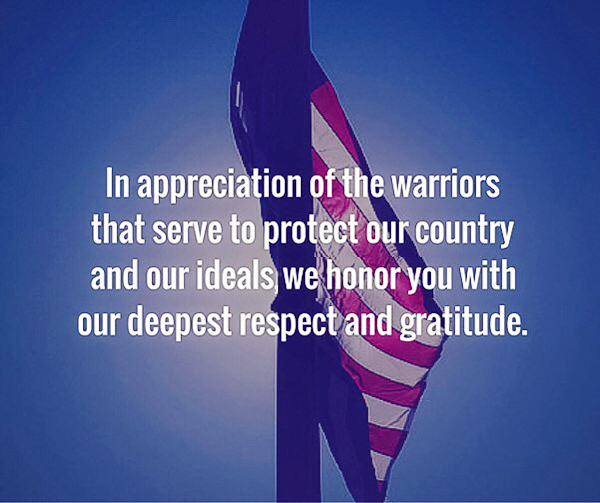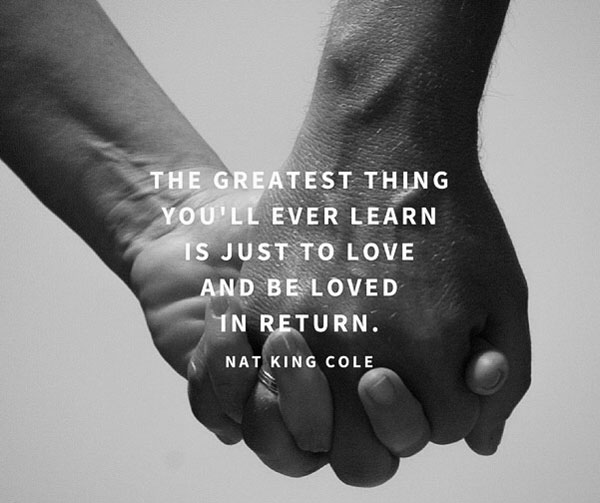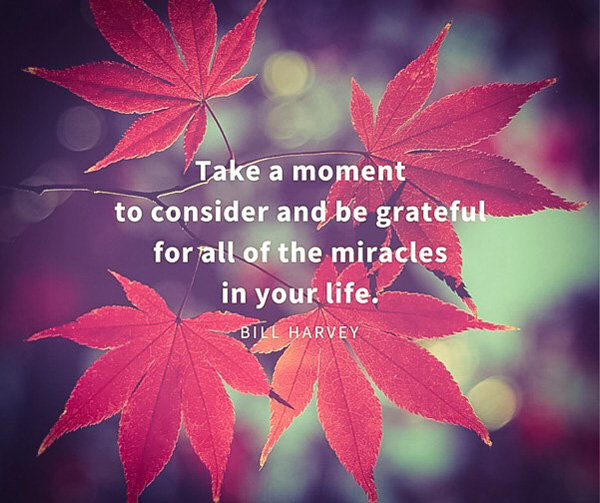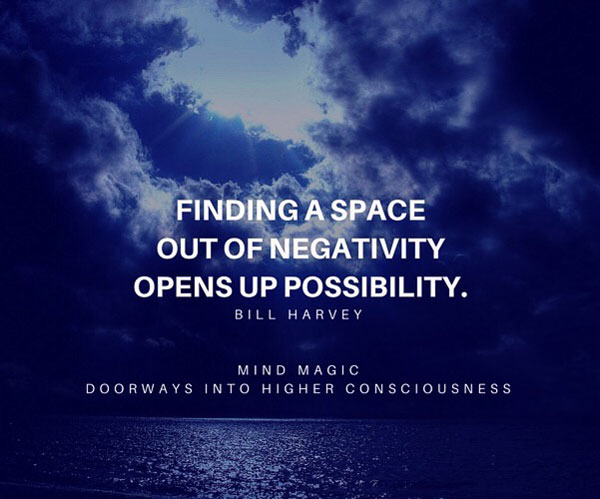May 24, 2024
Originally posted November 10, 2015
Welcome to this week’s Bill Harvey Blog
Monday is Memorial Day.

Flashback to the 60s when certain protesters sometimes crossed the line to not only condemn the war but also the country itself with the moniker Amerika, sometimes substituting a swastika for the “k”. That deeply saddened me.
We all make mistakes and sometimes they are big ones. This is true not only for individuals but also for groups of people like protesters, countries, corporations, even well-meaning nonprofits and religious institutions.
But the ideals of the Founding Fathers are unique among the articles of constitution for each of the 190+ nations on Earth. The U.S. Constitution is our Mission statement and our collective vision still. Protecting these ideals and this country that seeks to embody and represent these ideals is still a sacred trust.
Those who are warriors for any free nation, especially if they take that role voluntarily, are at least in part moved by a high level of awareness of something greater than oneself, along with the urge to serve others. This can also be true of police officers, firefighters, doctors, and many in other service vocations. These individuals are not equally motivated by the idea of service and the will to protect, and their motivation can vary over time. When one is in that headspace and heart space, however, it is a form of Flow and thus attracts cosmic fire support.*
Most if not all of us would like to see a peaceful end to war, but this does not mean we should be unappreciative of the warriors who serve to protect our country and our ideals.
Here’s to the protectors. We still need you, and you deserve to be honored with our gratitude and deepest respect.
In that spirit, I’d like to share the recording and lyrics of a song written by my friend Stan Satlin, who was inspired by Walt Whitman’s Leaves of Grass to write songs about the country he loves.
I Am an American – by Stan Satlin – © 2011
Chorus (repeats after each verse)
I am black and I am white, I’m yellow and brown
I am red white and blue, Yankee Doodle won’t you come to town
I am the whole wide planet, rolled into one
I am a citizen of the world, I am an American
Verse 1
I came from distant lands, to seek a better life
All I owned was on my back, by my side my wife
The work it wasn’t easy, in the factory and the farm
But hope in me grew stronger, like the muscle in my arm
Verse 2
As I sailed across the ocean I was told of gold in the streets
When I arrived I soon found out not everything was sweet
I built the road and cities, from the east coast to the west
I’ve been tricked and cheated, but the land is still the best
Verse 3
Some things are much better, some things still need change
I wish I could bring back some things, like buffalo on the range
I don’t want to be a master or servant of any man
I just want to go on living my life, doing the best I can.
I’d also like to share this, to honor the symbol that inspires our warriors, Old Ragged Flag, as told by Johnny Cash:
Join me in celebrating America and remembering all the men and women who gave their lives while serving, protecting, and defending our country.
Best to all,
![]()
*(This is according to my Theory of the Universe, which is explored more fully in my book A THEORY OF EVERYTHING including CONSCIOUSNESS AND “GOD”.)
Follow my regular media blog contribution, In Terms of ROI at Media Village, Here is the link to my latest post.



